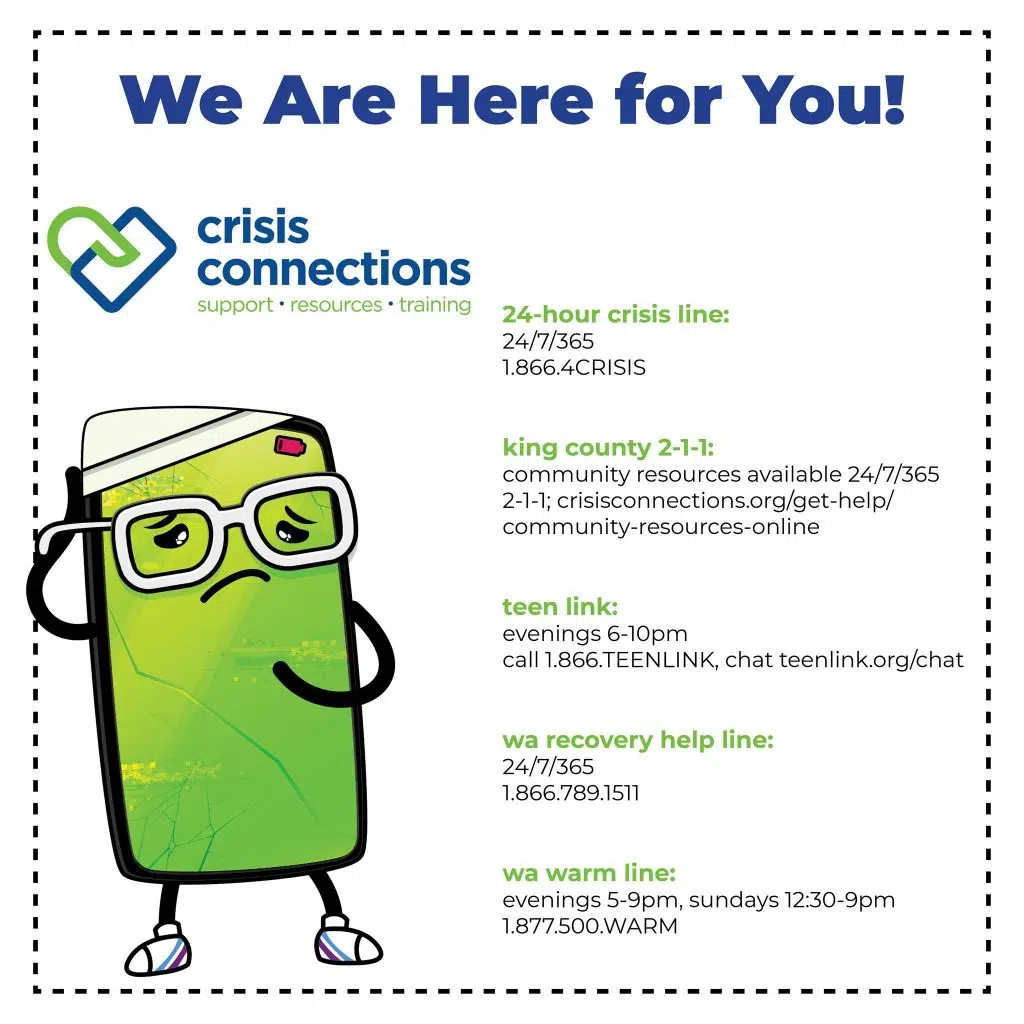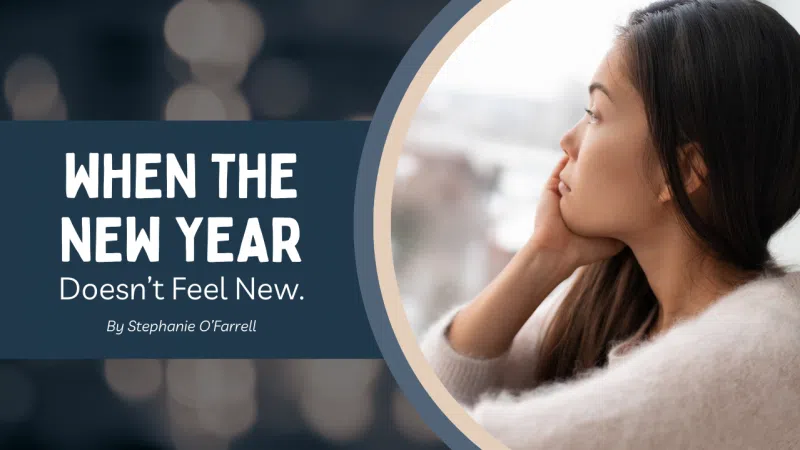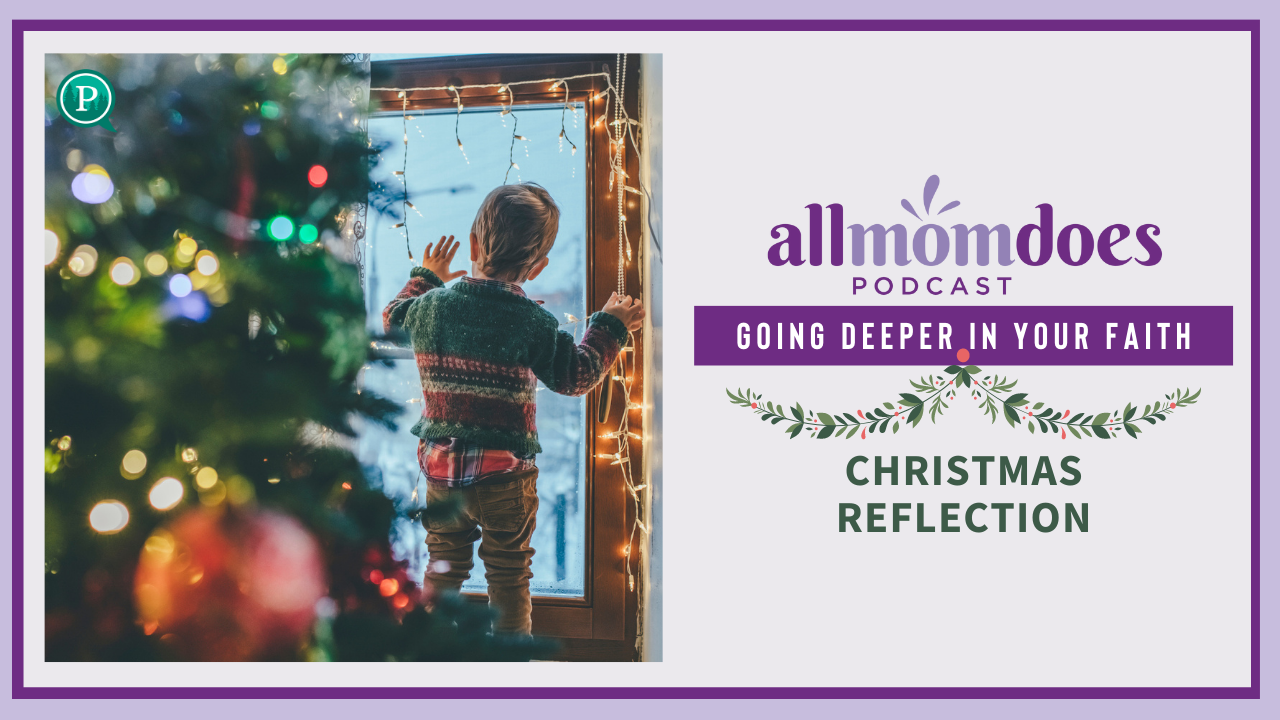It’s interesting that Americans have never been more plugged in than they are today with the media and yet we are also more isolated and less connected than ever. This is having a profound impact on mental health! Studies show that in the past decade there has been a 30% increase in suicides. A research study by Brigham Young University, published in the journal Perspectives on Psychological Science, found that “the subjective feeling of loneliness increases risk of death by 26%.” It also shows isolation can be as detrimental to a person’s life expectancy as smoking or obesity. This finding clearly shows that there is a need for people of all ages to have access to support at any time. There are a few steps we can all take to help cure the isolation around us and connect with those we know.
This blog is sponsored by Crisis Connections.
A simple phone call
Call someone today that you think might be feeling isolated and alone. Do a mental health check on your friends to see how they are doing.
Find Ways to Volunteer
There are safe ways you can get involved. A 2018 study of 2,705 UnitedHealthcare and VolunteerMatch volunteers ages 18 years and older found that 75% of those who volunteered in the that past year said volunteering made them feel physically healthier. Investigate ways in your community you can get involved. Your church community, the food bank, or lending a helping hand to your neighbors might be just what you need to connect.
Utilize Services Like Crisis Connections
Washington Recovery Help Line is a program of Crisis Connections and it offers a confidential 24-hour help line for Washington State residents. This help line is for those experiencing substance use disorder, problems gambling, and/or a mental health challenge. Their professionally-trained staff provide emotional support. They can also connect callers with local treatment resources or more community services.
Connection is the cure to isolation. Helping others, whether it is as a volunteer, a donor, or as a person who helps spread the word about the support available through Crisis Connections, improves the health of our community and our volunteers, too.

















